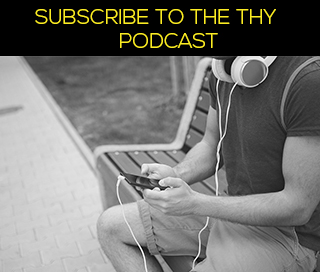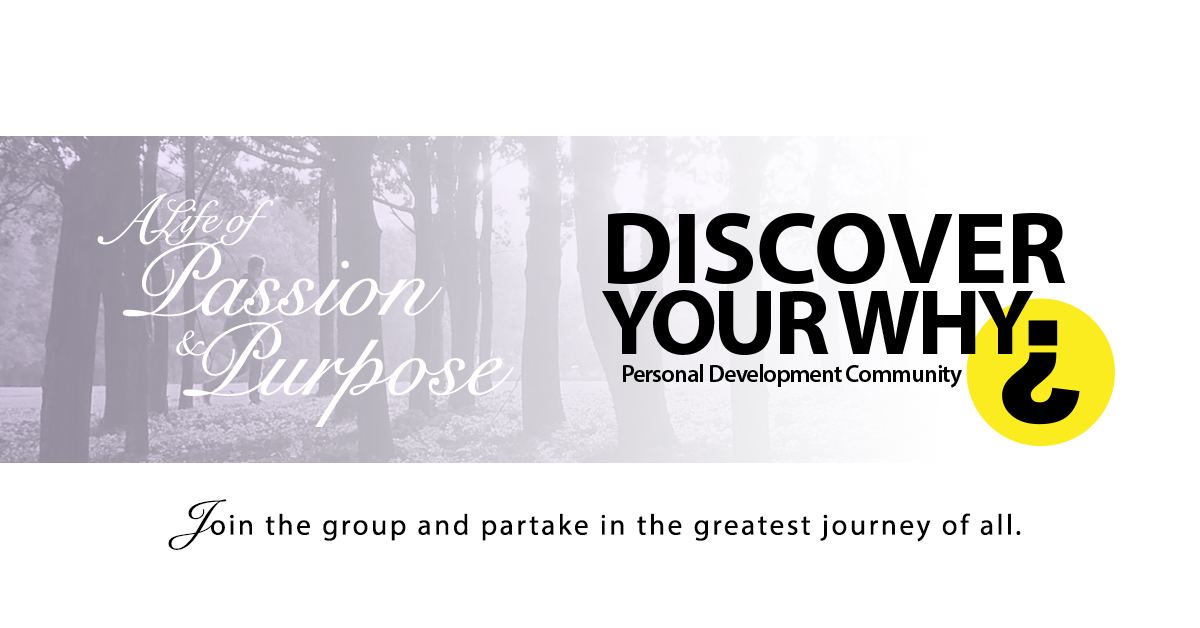
Your Guide to When Saying YES or NO is Appropriate
Do you say no, more than you say yes? Why? And what circumstances require the appropriate response? There is a lot of talk in the motivational field and amongst entrepreneurs about both, the power of no, and that of yes. I feel that we have an over-abundance of information available to us and this is a topic that is of no exception. There are entire books written separately for each one of these
Do I wish to further clutter this talk, not really! I wish to just shed some light on the topic from my view point to assist you in assessing when you should be saying no and when a yes, may be more appropriate.
I said yes today to waking up at 6am. I said yes to going to the gym. I sad yes to interviewing someone for my podcast. I even said yes to two cups of coffee before 1pm. I am not sure how many times I said no today but am feeling I have said yes more to the things I want to do and that I know I should. There have been a few noes.
These are all personal responses. They are silent and responses to my own mind and thought. I have said no today to spending too much time on Facebook. I am sure I said no to laying in bed for another half an hour. I feel as though I haven’t had too many chances to verbally respond with either a yes or no today.
There are internal moments daily and in life when you have the choice to respond with a yes or a no. There are also external opportunities of when you have choice how you will respond. While the response we choose to use may not be thought all that important there are certainly cases were the choice of response can result in much greater consequences.
I just said yes to jumping in to checking my emails, and then once I realised what I was doing I told myself, no, and got straight back to writing this blog.
Sometimes even an internal thought or external request that may not require much effort in regards to the manner in which you respond however on deeper reflection and awareness the response chosen could have major impact. Or maybe I am just overthinking this way too much.
Think about this. As a growing child if every time you attempted to do something you were told that you can’t rather than you can, what impact do you think this would have on a developing mind. I think the child who was continually told they can’t would likely believe this for most, if not all, of their adult lives. In attempts to doing new things they may have this inbuilt limiting belief that they cannot, so then don’t try.
Kids today are told no and hear no in their younger developing years much more than they are hear yes. There have been surveys that have revealed how often a child hears the word no as opposed to yes.
One study found that babies and toddlers herd the word no on average of 400 times per day with frequently lesser yes messages. Another revealed that while a child grows up they hear the word no up to 148,000 times. Both highlighted that we learn what to do in life by first learning what not to do, rather then what to do.
Don’t sit there. Don’t do that. Don’t say that. Don’t play with that. Don’t talk to him/her. Think about how you communicate with your own kids or if you are yet with children observe others or reflect back onto you own childhood.
A message with not, don’t or cannot, carries with it a negative tone- even if we are unaware. We often take way to communicate into our adult life, continually saying no or don’t to life opportunities or people in our life. Its seems normal but how does this affect us on a deeper level.We tell people and ourselves, in self-talk, what not to do, think, say, do or feel rather than what we want to think, say, do or feel. The damaging affects that saying no continually to a child can eat away at their desire to strive forward. It stops hope, it can stop effort and it may act to create a child’s limiting beliefs- affecting what they could otherwise achieve in life.
We all have these limiting beliefs and they can be extremely hard to let go of or change due to this continual ‘no’ slamming in our up-bringing. Parents are not necessarily to blame- it is simply how it is. As a parent myself, in reflection I know I say no more than I say yes. I know I tell my children what not to do rather than what to do. I certainly say, “you can’t have that” more than I say, “you can have this.” Guilty!
This kind of programming is not great. It becomes systematic. We often are presented with many kinds of opportunity yet due to this programming that we receive we automatically tell ourselves, no, I can’t, I shouldn’t or don’t do it. These type of responses hold us back from benefiting from these potential opportunities and experiences.
How does this then help us as to when to say yes or when to say no? I feel that to truly understand anything we must first create better awareness. In the matter of this subject we need to be aware of why we as an individual respond the way we do. If it is due to our pre-programmed responses that we say no, which likely it is, then we need to be aware of this.
Saying a no due to our programming may limit our opportunities and experiences we could have. Limitations of such may also hold us back from achieving what we so desire in life.
Do things that have reason and purpose. Do things despite our upbringing, despite what we think to be true, or how society and the status quo would expect us to act. Become more self-aware, question and think before response.
A response without thought is simply a reaction without consciousness. At a subconscious level we do many things automatically day-to-day. This is fine for simply tasks and matters like brushing your teeth. However, when you become more conscious and aware of everything you do, you begin to exist more within the present moment. This sense of existence creates greater pleasure in life.
If you are then aware and more conscious about what you think, say and do, you will be in a better position and more aligned with the direction in life you wish to take. This is paramount in living a life that you wish to live.
Firstly, this requires the need to know what you want in life. Having a clear vision of what your ideal life looks and feels like. Having dreams. And with both your vision and dreams you can then set goals and take consistent actions towards achieving those goals.
Without these essentials- visions, dreams & goals, it does not matter the level of conscious awareness you create because it will be of no use, as you will lack purpose behind what you think, say and do. When you have these essentials and become aware you will have better understanding of when a no response is appropriate and when a yes response is.
As a general rule, a yes holds higher value than a no. I suggest you say yes to anything that would give more purpose and reason to assisting you in accomplishing those goals, in order to reach your dreams and visions of your ideal life. I would suggest a no is appropriate for anything that will distract or steer you away from those.
Also remember that it is always easier to say yes and then revert to a no than it is to say no and then say yes. Please be mindful that if you do say yes and have need to change the response to a no, that you hold integrity. Being integral with your word upholds not only self respect but also the respect you receive from others.
If you say yes and then have need to say no, that is fine as long as there is fair reason behind your decision to change your response.
Saying yes to opportunities and experiences will likely advance you in life. The more times you say yes the more opportunities and experiences you will open yourself to. If you continually say no, you will notice a decrease in the opportunities and invites therefore less opportunies to saying yes.
There are times to say no and there are times to say yes. Favour positive responses always over negative. Positive attracts positive and negative attracts negative. When responded be aware and respond in order to take care on one’s own goals and dreams first before another’s. This is not selfish nor is it foolish.
When you are aware, in control and on path to achieving what you desire your life becomes more stable and your mind clearer. In these states you will ultimately be able to help more people as opposed to the opposite states. Feed yourself before you learn to feed others. When you are fully nourished you will be at better steed to assist others than if you were under-nourished.
I believe strongly that you need to have discipline over when to say yes and when to say no. If you don’t you may find yourself continually going around in circles, doing things of no use to helping you attain your ultimate dreams and future visions.
Understand also for what you may thing you know is not necessarily truth it may just be pre-existing programming. You can let go of the path, you can change your beliefs, you can move forward to saying yes to the life you want.
Please let me know your thoughts below. Until next time, peace, passion and purpose.
FIND YOUR HIDDEN WHY with THE HIDDEN WHY (THW)
BUILD YOUR LIFE AROUND YOUR PASSION AND LIVE WITH PURPOSE
Sign up for free below and receive cool stuff from me each week + Plus a free copy of “The Four Pillars of Success”
In my weekly emails you will receive ideas, thoughts, learning’s and inspiration on:
- How to design a life that you want and live by your terms
- How to live a life with passion & purpose
- Methods, strategies, & techniques on life hacks
- Messages on how to better live your life
- We will also keep you up to date with fantastic interviews from THW podcast













Leave a Reply